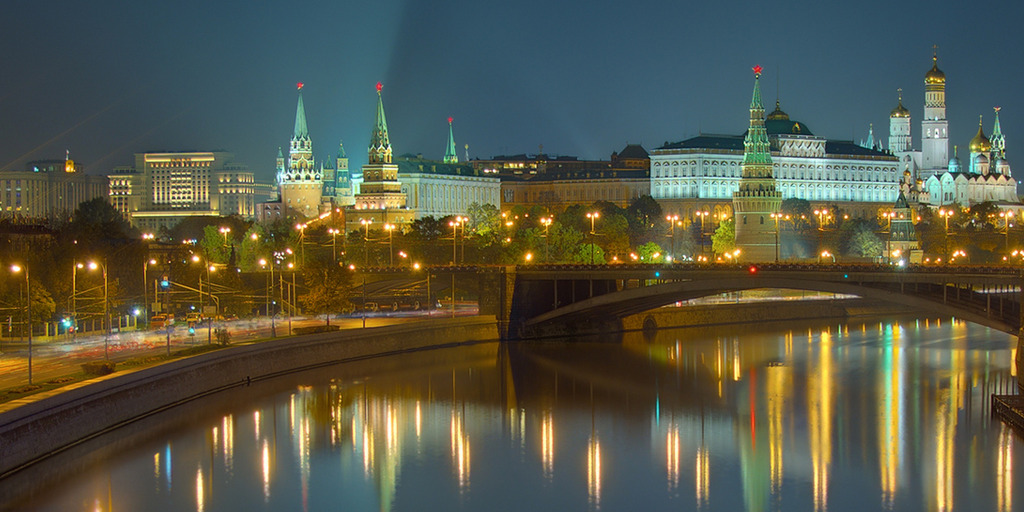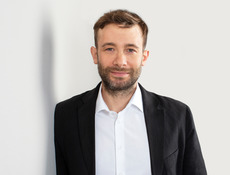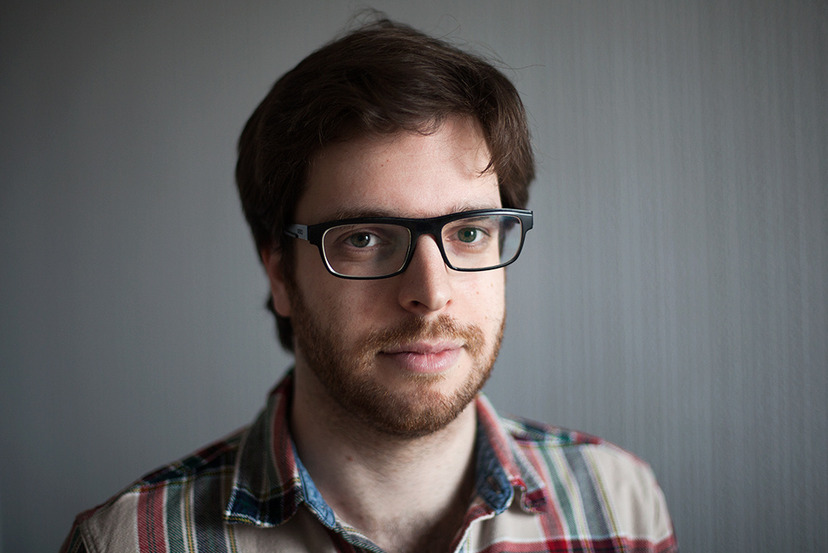On 18 September, parliamentary elections will take place in Russia. Any surprises to expect?
Konstantin Benyumov: Probably not. The ruling United Russia party has been showing a decline in ratings in some independent polls, which is unusual, but there have already been sufficient indications that it will resort to trusted techniques to make sure the poll results do not become election results.
On the other hand, there's been a lot of talk that the party would be transformed for the next parliamentary cycle, perhaps toning down its current rhetoric a little bit. Some members of Russia's 'non-parliamentary' opposition, such as Maria Baronova, a coordinator for Mikhail Khodorkovsky's Open Russia, have been allowed to take part in the elections as well. I do not expect opposition figures to get too much influence, but it could be an indication of a new, softer direction for the future Duma.
The last elections in December 2011 were followed by thousands of people in Moscow and St. Petersburg demonstrating against the result and the ruling party "United Russia", which supports President Vladimir Putin and Prime Minister Dmitry Medvedev. Since then, we have seen Russia annexing Crimea and supporting the pro-Russian separatists in eastern Ukraine, Russian economy plummeting under the impact of a recession due more to falling oil prices but also to western sanctions and Russian counter-sanctions over Crimea. Yet support for Putin has never been higher if we believe recent surveys. Why is that so despite all hardships?
Unfortunately, there are no real ways to evaluate Vladimir Putin's current ratings. There are very few independent polling institutes still functioning in Russia.
However, it's safe to say that the government has been widely successful in rallying popular support. The annexation of Crimea has proved immensely popular with various groups, from nationalists to communists, including those who were fierce opponents of Putin in the past.
Economic sanctions, and Russia's response to them, while certainly felt by the population, have not weakened this support. Moreover, the authorities have had an easier time explaining economic failures since the sanctions, effectively blaming the West for them, even though oil prices have played a far more crucial role in the current economic crisis in Russia.
There are many active and vocal critics of Putin's rule in Russia, or at least of the course it has taken since 2014, but the predominant sentiment today is that of support.





